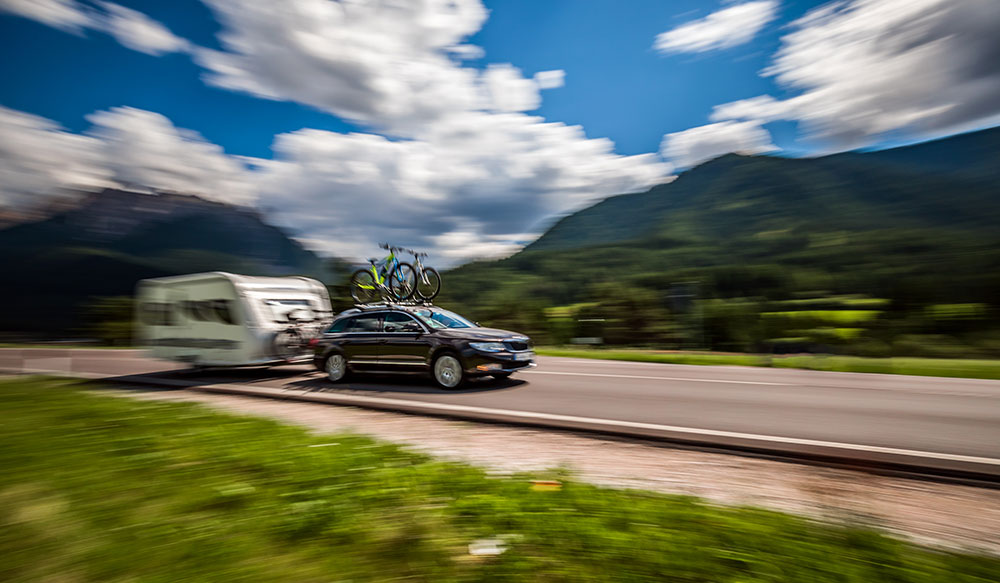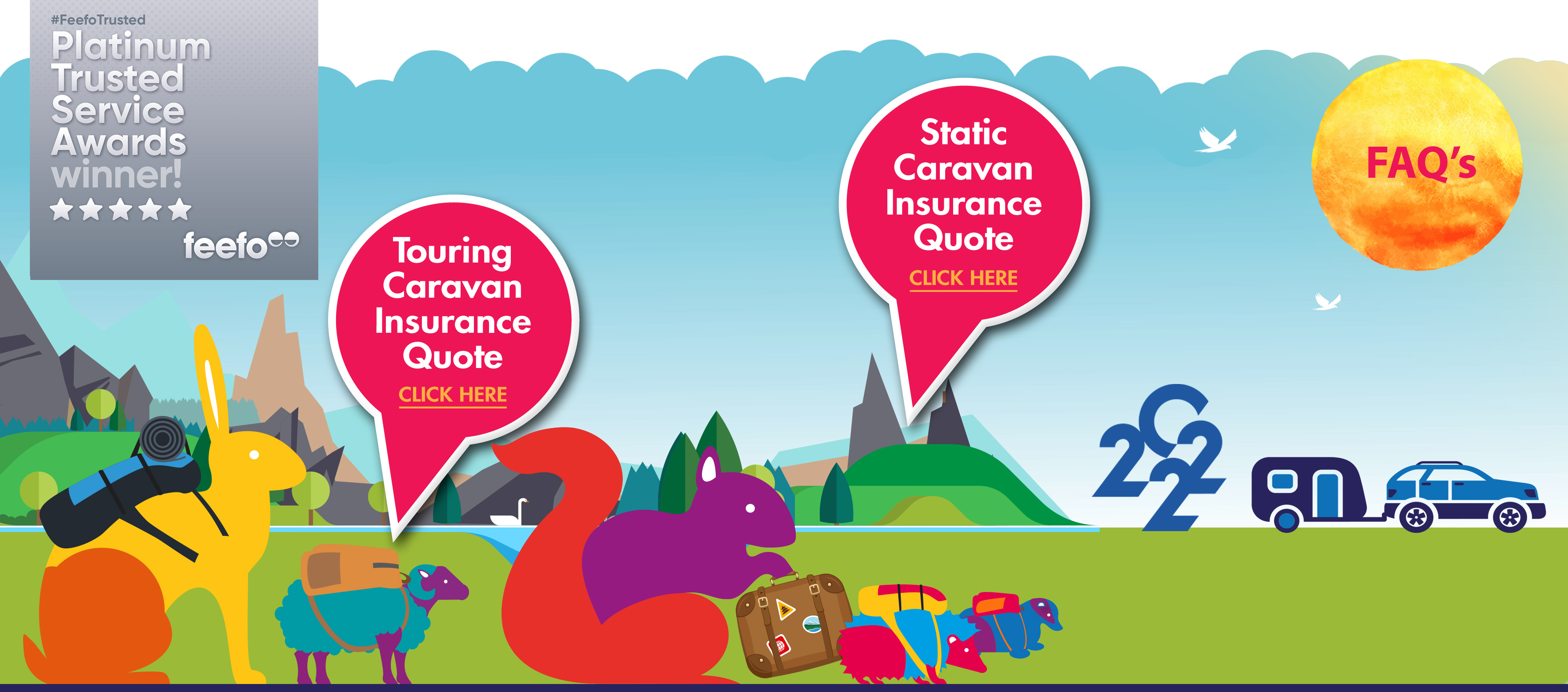
Recent figures show that in 2022:
- sales of touring caravans increased by 23.5% compared with the previous years – with a total of 17,639 being sold;
- sales of campervans and motorhomes increased by 12% – to reach a total of 14,074 vehicles sold; and
- there was a 38% increase to a total of 19,624 holiday homes or static caravans sold during 2021.
This increase was undoubtedly fuelled by the pandemic where overseas travel was restricted and staycations came in to their own.
Against this ever-growing popularity then, here are some of the most frequently asked questions (FAQs) about buying a caravan.
Why buy a caravan?
If you are thinking of buying a touring caravan or a static caravan, you are likely to have one thing in mind – holidays.
Whether it is a tourer or a static holiday home, it makes it so much easier to plan your holidays – and you can set off any time you choose. With a touring caravan, you simply hitch it up behind your car – and follow your planned route to the campsites you’ve booked beforehand. Trips to your holiday home will be to the park or resort you have been to before and have already grown to love.
When you own a caravan, you immediately cut the costs of your holidays at a stroke. For one thing, of course, you no longer have to pay for what is often the most expensive component – your accommodation.
But you might also make savings by having the equipment on which to make your own meals, and also cut the cost of travel from one hotel or bed and breakfast to the next.
If you want to learn more about the relative benefits of owning either a touring caravan or a static holiday home, then look no further than the whole bookcase of easy to read guides we have published.
What do I need to consider when buying a touring caravan?
The frequently asked questions become more detailed, of course, once you have chosen the type of caravan you want to buy. If it is a tourer, for instance, you must consider:
- your budget – and how you plan to finance the purchase of a caravan;
- the size of the touring caravan – typically a balance between the length and spaciousness for comfortable living, yet a sufficiently compact wheelbase to allow easy manoeuvring and parking;
- a welter of caravan and towing measurements – from the weight of the caravan, the kerbweight of the car towing it, the Maximum Authorised Mass (MAM) or Maximum Technically Permissible Laden Mass (MTPLM) of your fully-loaded caravan, together with the trailer’s “noseweight”;
- the category of driving licence you will need – for the majority of caravan weights and sizes, your regular car-driving licence should suffice. You can refer to the Government website as to what driving licence you need in order to tow a caravan;
- suitable touring caravan insurance; and
- your options for storage when your touring caravan is laid up for winter – and the opportunity to take advantage of the insurance premium discounts available (at Cover4Caravans) if you use a storage site authorised by the Caravan Storage Site Owners’ Association (CaSSOA). You can read more about this here Choosing a caravan site (to store your tourer).
Please also refer to our: Cover4Caravans’ Guide to buying a tourer.
What do I need to consider when buying a static home?
If you choose a static home, you have none of the potential worries about learning to tow a caravan behind your car or wondering just where in the country – or abroad – you decide to take your holidays.
A static home is just that. It stays in the one place – somewhere that becomes ever more familiar with each visit and that you look forward to returning to again and again. For that very reason, of course, the location of your holiday home, the part of the country it is in, and the type of amenities offered by the site, park or resort on which it is pitched may become greater considerations than the overall size of the static caravan itself.
Along with that, of course, you also need to choose the park or resort on which the static caravan is berthed. You will be paying for the lease of your pitch, so that is one of the running costs which you need to add to the purchase price of your holiday home when preparing your budget and arranging suitable finance.
Do I have to take the site owner’s insurance?
When it comes to insuring your static home against loss or damage, you are almost certain to be offered an insurance package by the managers or owners of the park or resort on which your static caravan is berthed.
In the vast majority of cases, you are not obliged to buy that insurance but may look for competitively priced static home insurance cover elsewhere. One of the conditions of your lease agreement, however, may be a requirement for adequate third party, owner’s liability indemnity insurance – and you might need to furnish evidence of your having arranged such cover.
Can I live permanently in my static home?
One of the biggest and most frequently asked questions is whether you can live in a static caravan or holiday home all the year round. The answer is almost certainly not. The site on which your holiday caravan is berthed is subject to local authority licensing which is almost certain to ban year-round residence and require holiday home owners to maintain a permanent residential address elsewhere.
The current licensing regime is subject to the Mobile Homes Act 2013 and explained in more detail in official guidance published in March 2015.
Further reading: Guide to buying a static home.
Summary
Owning any type of caravan, therefore, opens the door to as many staycations as you desire.
With a touring caravan, of course, you have the freedom of the open road and the possibility of exploring any corner of these beautiful islands. If you choose a holiday home, you never have to worry about choosing the location for any staycation again.
Either way, buying a caravan not only gives you the freedom to take a holiday whenever the fancy takes you but also significantly reduces the costs of those holidays – the accommodation is already taken care of and paid for.

